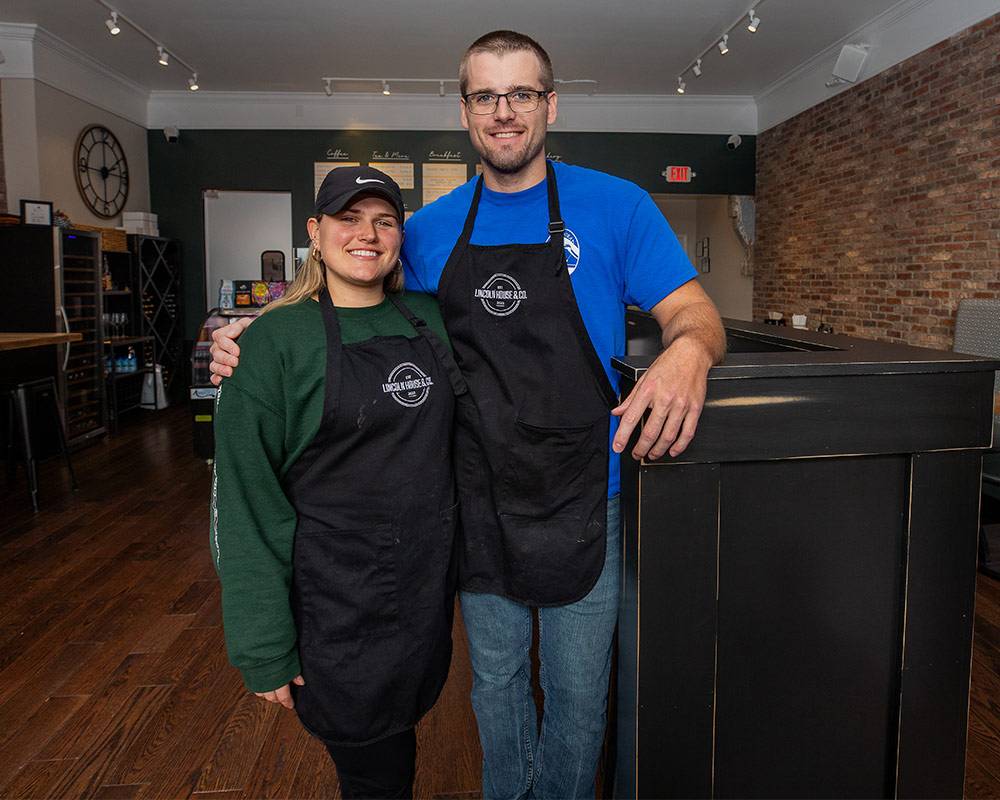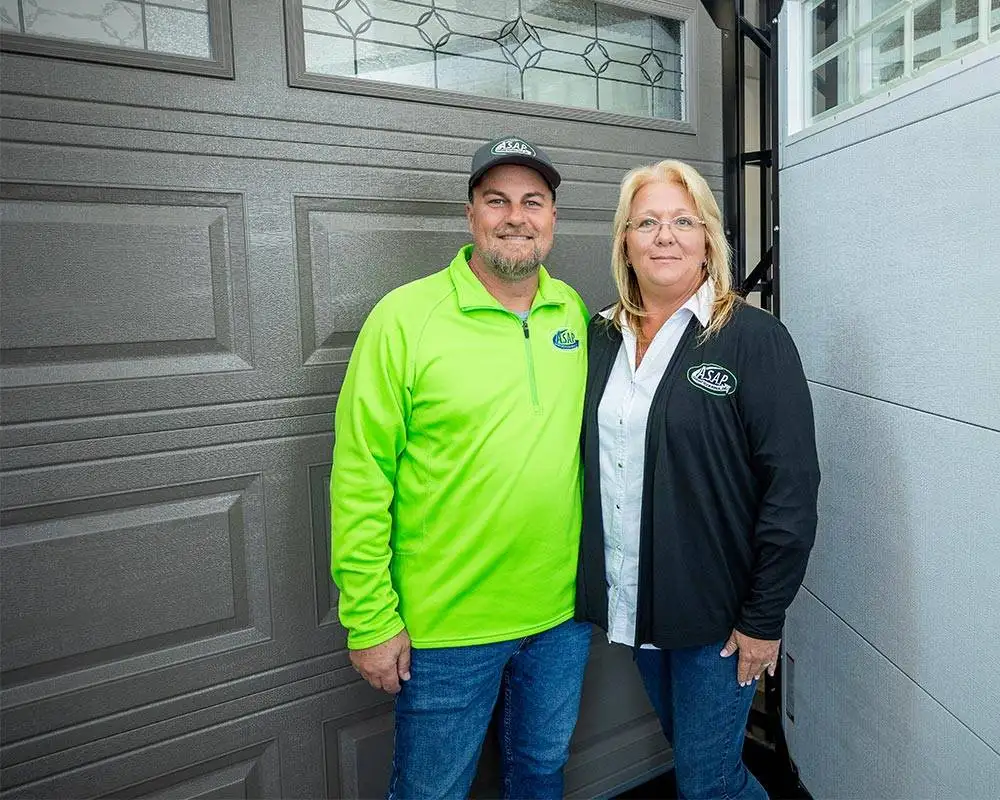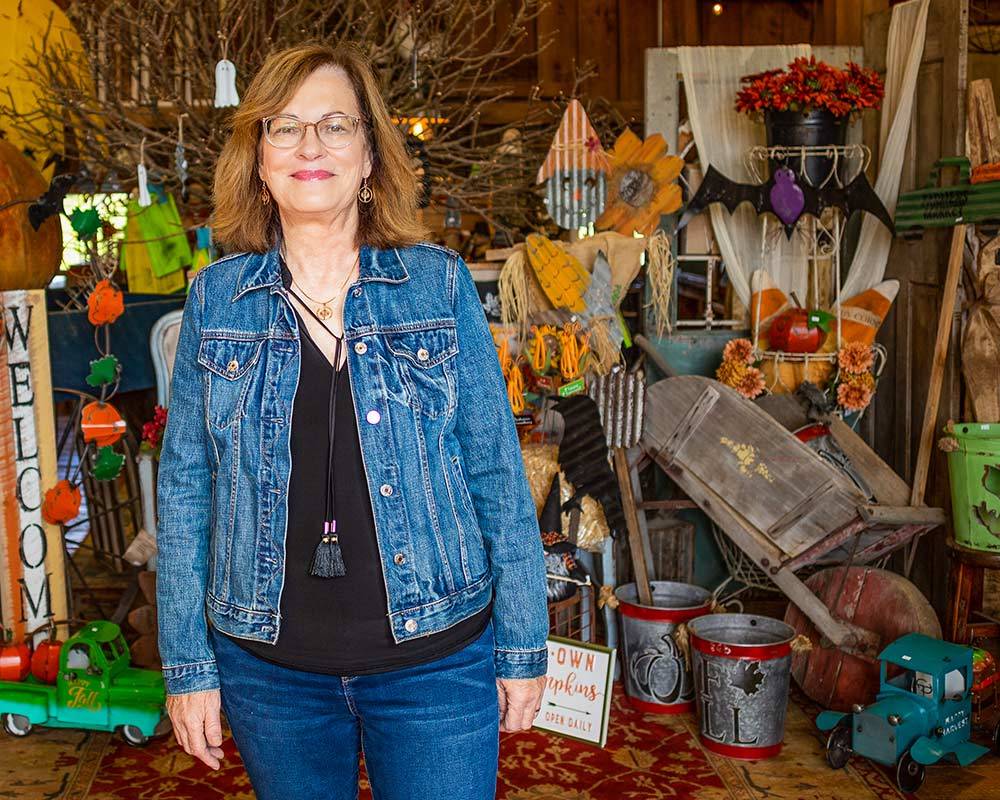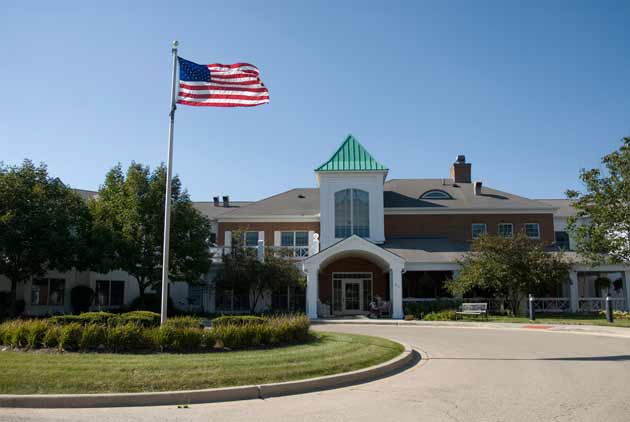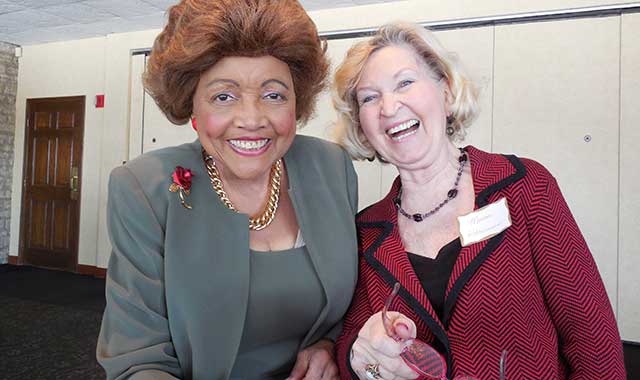It’s rarely an easy decision to move a parent into assisted living. Discover some of the warning signs that it’s time to make the big move, and learn how assisted living communities can help an aging parent.

Deciding to make the move from a longtime home into an assisted living facility takes careful consideration and is seldom easy. These facilities have sprouted up around the country since the early 1990s, coinciding with an aging population. They provide an excellent option for senior citizens who no longer can, or no longer want to, shoulder the full load of independent living, but who don’t need 24-hour nursing care.
Many well-appointed facilities have opened in northwestern Chicagoland to provide residents with a safe and satisfying lifestyle. Most offer individualized housing plans, support services, medication management, assistance with daily activities, coordination with healthcare providers, meals, housekeeping and social activities.
Loss of independence is a common fear for seniors who are looking at such a move.
“We set up the residents for success,” says Peggy Faught, executive director at Delnor Glen, 975 N. 5th Ave., St. Charles. “We don’t focus on what they can’t do. We encourage them to make their own decisions.” Delnor Glen uses a patient-centered, holistic approach to healthcare and promotes mental, emotional, spiritual, social and physical healing.
The decision to move into assisted living is often made by adult children who worry about their parents’ safety or quality of life, says Faught. Parents often tell their children, over the phone, that “everything is OK,” but when the children visit, they notice things amiss: Mail hasn’t been opened; newspapers are strewn around in stacks; the pantry is filled with canned goods and cookies; and the refrigerator is empty. Other times, they notice that their parent is not taking medications at the right time or has lost weight. Sometimes, a parent has been hospitalized from a recent fall and is simply unable to return home and function well alone.
At Delnor Glen, new residents “buddy up” with someone when they arrive, which makes the transition and introductions much easier. “Often, with three meals a day and socialization, they quickly blossom,” Faught observes.
Delnor Glen staff members intentionally work to form relationships with residents. The facility is pursuing its Planetree designation, a philosophy which promotes innovative healthcare models for the healing and nurturing of body, mind and spirit.
“We teach staff members that their work is not just about their tasks,” says Faught. “It’s about the relationships they have with the people. We realize that we work at the residents’ homes. We knock and wait to be invited in.”
Most Delnor staff members have worked at the facility for more than five years. Because they know the residents well, they’re able to offer continuity of care and a high level of respect. The socialization that assisted living offers is as important to residents’ well-being as the health and personal care services.
“Many older people who live by themselves experience a great lack of sociability,” says Faught. “Assisted living takes a lot of the guesswork out of what to do next.”
In addition to a full schedule of daily social activities, residents enjoy Delnor’s state-of-the-art aquatics and fitness center, with personal trainers and massage therapy services. A podiatrist and a wellness physician make regular visits, and a full beauty and barber shop is open on campus. Residents can get a breath of fresh air at the nearby Pottawatomie Park and Golf Course, or walk to the St. Charles Public Library.
Delnor Glen offers other options in the lifestyle continuum as well, such as memory support programs. Individual residences at The Townhomes of Delnor Glen include home maintenance, upkeep and access to services.
Sometimes seniors resist the notion of assisted living because they anticipate an institutional setting and a loss of contact with their backyards and the great outdoors. The Holmstad, 700 W. Fabyan Parkway, Batavia, is a 38-acre retirement community in a quiet wooded setting. The campus features comfortable private apartments and is geared toward nature lovers. Many residents enjoy biking and hiking along the banks of the Fox River in nearby Fabyan Forest Preserve.

Heid-Grubman says that one important factor when considering a move to assisted living is how much help a person needs functionally. An individual may be doing OK, but may need someone available 24 hours a day, “just in case.” Another important consideration is social life. “Living alone can be isolating,” says Heid-Grubman. “Isolation and loneliness are a terrible problem in our society.”
At The Holmstad, staff members get to know residents as individuals. Last year, in addition to popular day trips to shopping, dining and entertainment venues, residents and staff shared time together at a local retreat center called Nazareth House. “We had an absolute ball in the woods and are planning another trip in May,” says Heid-Grubman.
It’s important to start the family conversation about making a move to assisted living early, before the move is necessary.
“Planning ahead is important,” says Heid-Grubman. “People should be educated consumers and know what their options are, even if the decision won’t be made for 10 years down the road.”
For tips on how to approach a heart-to-heart conversation with aging parents, she recommends the Web site www.havingtheconversation.com.
Heid-Grubman urges seniors and their family members to visit various residences they’re considering, at different times of the day, to judge what living is like during quiet times as well as during meals and social gatherings. “It’s important to measure the parents’ reaction,” she says.
To make the transition easier, staff members at The Holmstad get to know residents before move-in day. “Families play an important role in helping us to know who the resident is as a person,” Heid-Grubman says. The family is encouraged to make the new apartment look as similar to the former home as possible, so that, on the first day, the resident is overwhelmed by how familiar and warm it feels.
The Holmstad is a ministry of the Evangelical Covenant Church, Covenant Retirement Communities, with residential independent living apartments, catered living, supportive assisted living, memory support and skilled nursing for retirement at any stage of life.
Some people fear that life in an assisted living facility means bland activities and food. But in many such communities, nothing could be further from the truth.

In nearly every case, Gamache sees feelings of “I’m not ready for this,” followed by, “I should have done this sooner. I’m having a great time.”
The key to choosing the right fit lies in taking time to visit various locations to get a sense of the community and the prices, services and amenities offered. “Individuals should ask each community what services it provides and decide if their particular needs would be met there,” says Gamache. “They should ask to see the community calendar and the menu and get a sense of what life looks like from day to day.”
For tips on choosing the right community, Gamache suggests the Web site www.alfa.org/alfa.
Staff members at The Fountains at Crystal Lake believe that stimulating the mind and strengthening the body benefit people of every age and can slow memory loss. In addition to a full schedule of social activities and outings to museums, theaters and sporting venues, the facility is home to Watermark University, which offers a variety of brain and body fitness courses.
“We reach out to residents and family members, and ask them what they’re interested in learning or would be willing to teach,” Gamache says. The residents’ responses determine the courses offered each semester. Taught by residents, family members and community experts, popular choices include Culinary World Exploration, Conversational Spanish, Yoga, Pilates and Sign Language.
To smooth the transition into life at The Fountains, staff members familiarize themselves with new residents before move-in, meeting with them to discuss their needs in food and activity.
“We focus on what’s important for each person and what’s of interest that we may not provide yet,” Gamache says. “We help new residents to develop the mindset that they’re not going from a larger home to a smaller one. The entire building is their home.”
The Fountains at Crystal Lake is part of Watermark Retirement Communities, a senior living company with locations nationwide. In addition to assisted living, the community offers independent living at The Town Center and memory care at The Gardens. Springs Skilled Nursing and Rehabilitation also is located on the campus.
As with every major decision in life, the exploration of assisted living options requires time to gather and compare information. Each community provides a unique combination of lifestyle activities and healthcare services. Today’s families are fortunate, indeed, that so many fine options exist in our region. ❚













